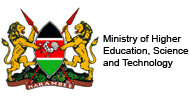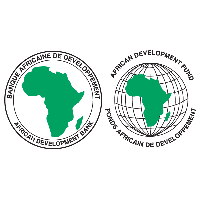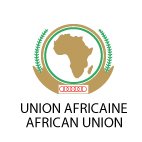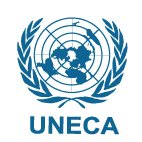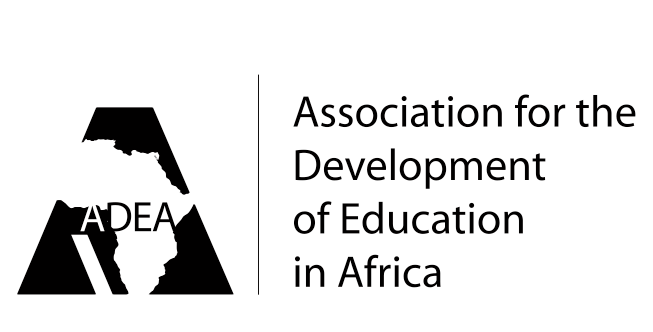Improving science reporting
There are always stories on science in Africa. But journalists have the difficult task to find the most compelling and simple ways to tell their audiences why the latest scientific breakthroughs matter to them. This was agreed upon at a training session aimed at orienting journalists ahead of the Forum on Science, Technology and Innovation (STI), which started April 1st, 2012 in Nairobi, Kenya.
Organized by WGCOMED, ADEA's Working Group on Communication for Education and Development, in partnership with UNESCO and Kenya's Ministry of Higher Education Science and Technology (MOHEST), the training session aimed at equipping journalists to write more and in greater depth about the scientific topics that would be discussed during the STI Forum.
The training session took place at the Intercontinental Hotel in Nairobi. It was attended by nearly 25 communicators including representatives from the MOHEST as well as university lecturers and journalists from various radio, print, television and online publications. Journalists, the majority of them writers who specialize in topics related to STI, discussed some of the general challenges they face in reporting on a subject matter that is not always favored by news managers, readers and audiences.
One problem raised by journalists was that many scientists and STI organizations battle to convey their breakthroughs to the media and also could benefit from training in communication.
David Njagi, a freelancer who specializes in science reporting described the session as informative.
“It taught us what to do to ensure STI articles are published,” he said.
Reuben Kipturgo, communication officer of the Ministry, said the training was expected to give journalists the proper orientation and background to be able to really capture the essence of the forum. He also hoped it would promote reporting on STI, which generally tended to be limited to HIV.
Professor Joseph Massaquoi, the director of UNESCO's Nairobi's office, said there was a need to “demystify and popularize” science.
UNESCO hoped that the training of communication and media experts would build capacity to “produce the goods”.
Lawalley Cole from ADEA’s WGCOMED said the day had been a very effective orientation. “I want to promise you that we will have more of these,” he said to the journalists. Some of them have called on ADEA to maintain the momentum it had created for STI reporting by organizing more training.
Journalists were also provided with resource materials with background on STI in Africa.

